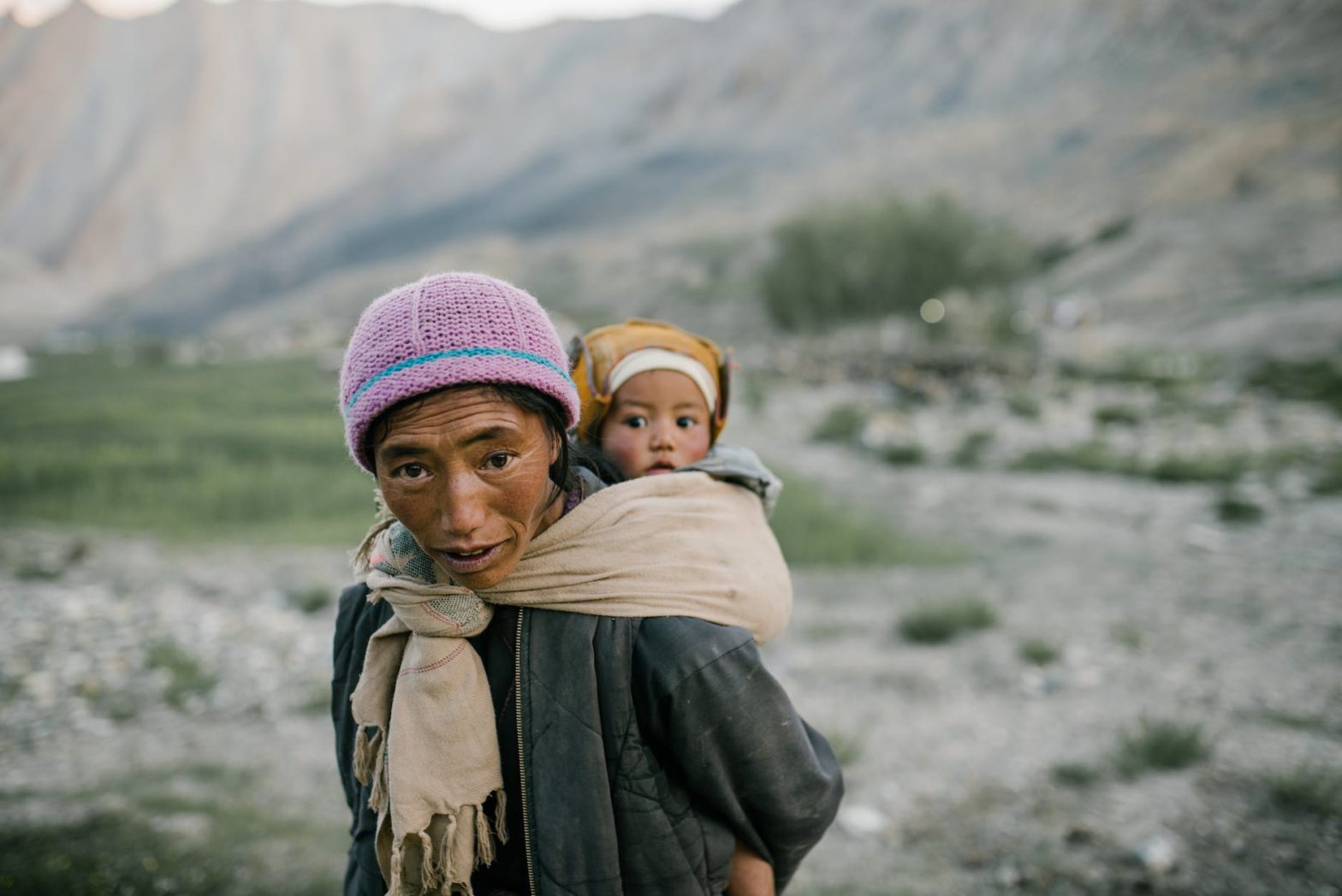Summary
Indigenous news and topics have grown in the sphere of broader public awareness due to several factors. This page offers some related commentary and news.
Maturing in Character
A thoughtful individual has awareness of context and surroundings. One begins to look around to see others and consider them — perhaps expressed as holding the door for someone carrying packages. This is also true for societies.
Gratitude grows as we acknowledge the contributions of others to our success. Young adults begin to thank their parents for all they’ve done, and look for ways to give back or pay forward. This is the natural maturing.
Giving acknowledgement to indigenous people is a natural expression of honor, respect, and gratitude that comes from a maturing of a community or society.
Acknowledging Minority Populations
There’s been increased attention given to acknowledging and supporting minority populations. Attention to any group helps people in all groups.
Diversity, Equity, and Inclusion efforts help people be more aware of others. Events such as Black History Month, Pride Month, Cinco de Mayo, Juneteenth, Ramadan, Passover, etc. also help emphasize the importance of valuing other practices and tradition.
In this regard, indigenous groups benefit from the awareness raised by these initiatives.
Indigenous Land Acknowledgement
The following indigenous land acknowledgement from 5 Mar 2021 is from the University of Iowa and serves as an example of how such statements are written:
The University of Iowa is located on the homelands of the Ojibwe/Anishinaabe (Chippewa), Báxoǰe (Iowa), Kiikaapoi (Kickapoo), Omāēqnomenēwak (Menominee), Myaamiaki (Miami), Nutachi (Missouri), Umoⁿhoⁿ (Omaha), Wahzhazhe (Osage), Jiwere (Otoe), Odawaa (Ottawa), Póⁿka (Ponca), Bodéwadmi/Neshnabé (Potawatomi), Meskwaki/Nemahahaki/Sakiwaki (Sac and Fox), Dakota/Lakota/Nakoda, Sahnish/Nuxbaaga/Nuweta (Three Affiliated Tribes) and Ho-Chunk (Winnebago) Nations. The following tribal nations, Umoⁿhoⁿ (Omaha Tribe of Nebraska and Iowa), Póⁿka (Ponca Tribe of Nebraska), Meskwaki (Sac and Fox of the Mississippi in Iowa), and Ho-Chunk (Winnebago Tribe of Nebraska) Nations continue to thrive in the State of Iowa and we continue to acknowledge them. As an academic institution, it is our responsibility to acknowledge the sovereignty and the traditional territories of these tribal nations, and the treaties that were used to remove these tribal nations, and the histories of dispossession that have allowed for the growth of this institution since 1847. Consistent with the University’s commitment to Diversity, Equity and Inclusion, understanding the historical and current experiences of Native peoples will help inform the work we do; collectively as a university to engage in building relationships through academic scholarship, collaborative partnerships, community service, enrollment and retention efforts acknowledging our past, our present and future Native Nations.
News
Below are related news stories in chronological order with the most recent at the top.
CBS (3 Jun 2023)
“Indigenous activists work to reclaim artifacts held by museums” — Artifacts and objects from indigenous tribes have spent years in museums and collections. Now, activists are working to bring the objects — which include remains and funerary pieces — back where they belong. Michelle Miller has more. [Source]
PBS Terra (1 Jun 2023)
“How This Indigenous Farmer Is Solving Food Insecurity” — As climate chaos increases around the world, Michelle Week, a farmer outside of Portland Oregon is drawing on her Sinixt indigenous knowledge to adapt her farm to the changing seasons. By practicing techniques like seed saving and dry farming, Michelle is combating the increasing food security crisis while continuing to provide fresh food to her local community. [Source]
NPR (15 Mar 2023)
“So you began your event with an Indigenous land acknowledgment. Now what?” — Excerpt: “Land acknowledgments have become increasingly common nationwide over the past few years. Many mainstream public events — from soccer games and performing arts productions to city council meetings and corporate conferences — begin with these formal statements recognizing Indigenous communities’ rights to territories seized by colonial powers. Indigenous leaders and activists have mixed feelings about land acknowledgments.” [Source]
